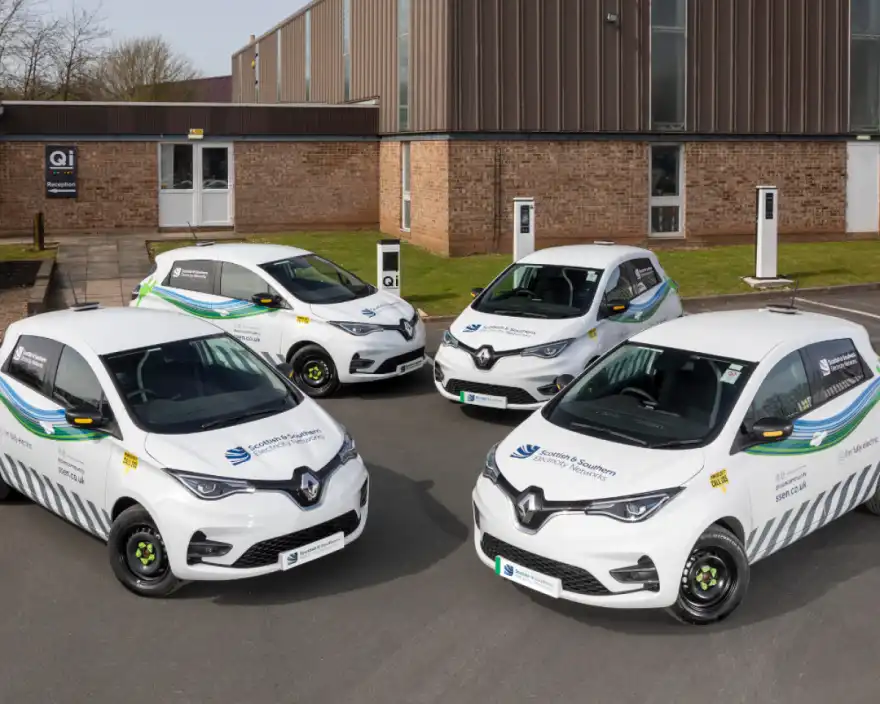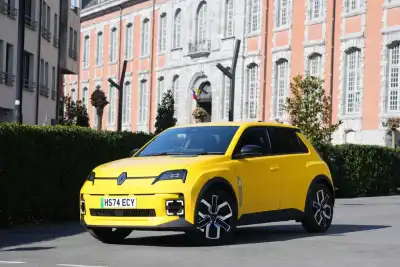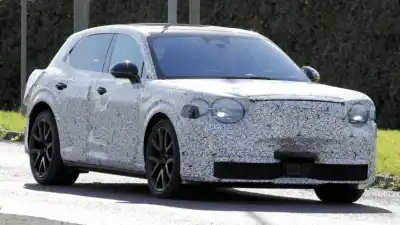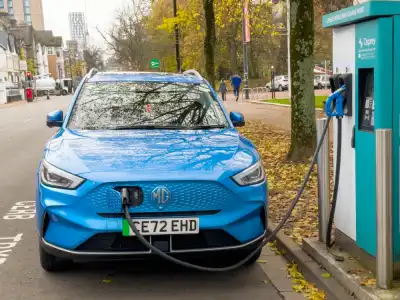
There’s been a lot of press surrounding used electric car prices in recent months, and it’s true that values for some EVs have dropped significantly.
Certain nearly-new electric cars, such as the Renault Zoe and Vauxhall Corsa-e are now available at a fraction of what they would have cost new, though values of some other EVs are holding up far better, it should be said.
There are some worries that the problem could worsen due to what’s known as ‘fleet dumping’. But what is this, and what is the potential impact?
What is ‘fleet’ when it comes to cars?
While you might expect most cars to be bought privately, many are actually sold new to fleets. These are often leasing companies that ‘own’ the car and then finance the car out to other businesses and individuals, and then usually sell the vehicle at the end of the agreements once it’s been returned.
So far in 2023, according to figures from the Society of Motor Manufacturers and Traders (SMMT), 52.3 per cent of all new cars registered have been supplied to fleet, compared to 45.3 per cent of ‘private’ sales and 2.4 per cent ‘business’ registrations.
This matters because fleets typically keep cars for set amounts of time, whether that be two, three or four years. It’s more important because the majority of new EVs registered are to fleets, and they have been some time. In fact, figures show that close to 80 per cent of new electric cars currently go to fleets.
Why are electric cars so popular with fleets?
The majority of EVs are sold to fleets and businesses when new for one key reason – taxation. Those that run a company car look at one main figure when it comes to tax – Benefit-in-Kind (BiK). This is a percentage based on the CO2 emissions that a vehicle emits. Because EVs have zero tailpipe emissions, they unsurprisingly perform favourably.
Without going into too much detail, BiK tax is calculated by multiplying the BiK percentage by its P11D (the car’s list price plus delivery charges, excluding the first year of tax and optional extras). This is then adjusted to suit the tax bracket you sit in, based on your earnings, whether that’s 20, 40 or 45 per cent.
Currently, the BiK rate for electric cars is set at 2 per cent in the 2023/24 and 2024/25 tax years. As for petrol and diesel cars, these are typically around 30 per cent due to their far higher CO2 emissions. By choosing an EV as a company car, it can save hundreds of pounds a month in tax, and thousands over the course of the full contract. The incentives for electric cars are far more generous to businesses and fleets than private buyers.
What’s the practice of fleet dumping?
Fleet dumping is essentially the practice of when vehicles are returned by customers once their leasing contract is up and the company must then move them on. Ex-fleet vehicles are often sold at auction or direct to car dealers, as companies try and balance moving the vehicles on as quickly as possible with getting the most money for them.
However, because fleet vehicles are typically ordered in large quantities (and of similar specs), it can dilute the market, particularly if the vehicles from a large fleet deal are all sold at the same or similar time.
How could fleet dumping affect used electric car prices?
Electric cars didn’t really start to take off until about three years, so it’s only now that we’re seeing this large quantity of EVs from fleets being disposed of. In 2020, it was the first time we’d seen electric cars appear in the list of best-selling models, with cars like the Tesla Model 3 and Kia e-Niro being particularly popular, with large quantities of these models now appearing on the used market.
Fleets typically favour new cars that are easier to get hold of, with reduced waiting times. It’s these models that typically don’t hold their value as well, which is why we’ve seen significant drops in value in cars like the Renault Zoe and Vauxhall Corsa-e.
It’s too early to say quite what the impact of ‘fleet dumping’ of used EVs will have on prices in the long run. Currently, we’re seeing a situation where the supply of used electric cars is outstripping demand, which is why depreciation has been steep. However, as more look to go electric in the future years, and especially more affordable used options, it’s likely this situation will correct itself.




